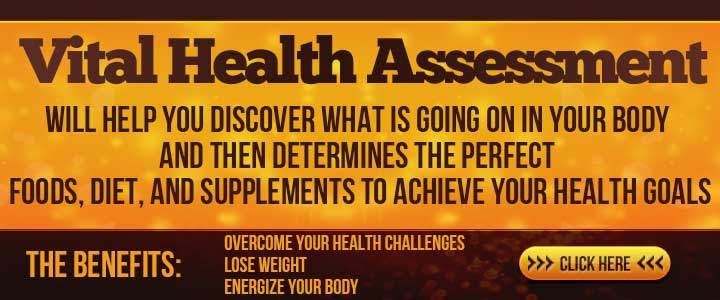More and more people are concerned about the affect plastics have on their health… and for good reason!
What are the health problems plastics are being blamed for?
Most of the information I’ve seen is on their effect as endocrine disruptors. In other words, they play havoc with your hormones. They disrupt reproductive function in both males and females;[i] [ii] [iii] [iv] they disrupt the immune system; they may cause Cancer; they may also contribute to thyroid problems[v]. Even Respiratory distress and changes in kidney and liver function may be linked to exposure.[vi]
To make matters worse, they concentrate in fatty tissue, which results in them being released when the fat is mobilized, for example: during pregnancy or lactation, exposing unborn children and babies to relatively high concentrations. These developmental stages are particularly susceptible to Endocrine Disrupting Compounds (EDCs).
If you eat animal products, you are at increased risk of significant accumulation resulting in negative health effects and reproductive changes.[vii]
Two of the chemicals to be concerned about
By no means an exhaustive list!
Phthalates
- These are plasticizers used in the manufacture of polyvinyl chloride (PVC) and are found in paints, lacquers, and cosmetics. They are also found in sediment, water, and air. They have been detected in foods, because they can migrate out of food packaging materials.
- A phthalic ester, more commonly known as BBP, is used in the papers and paperboards that are used as packaging material for aqueous (water based), fatty, and dry foods. BBP has been shown to exert estrogenic activity in several tests. During the past 10 years, there have been a series of reports on the developmental toxicity of BBP in rats.[viii]
- Phthalates are used in a variety of products including: Soft vinyl plastic toys, Shampoos, Soaps, Nail polish, Vinyl flooring, Pharmaceuticals, and Bottled water, which contains phthalates in fairly high levels compared to other water sources[ix]
- A survey showed that 75% of people tested had measurable levels of phthalate metabolites in their urine.
Bisphenol A (BPA)
- BPA is used to make plastics and epoxy resins. It’s used to make plastic clear and tough. It has been used in products such as baby and water bottles, CDs and DVDs, lining water pipes, as well as coatings on the inside of food and drink containers (i.e. canned foods). It’s even used to make the thermal paper that many sales receipts are made of.
- Thankfully, governments have, at least, started to recognize the dangers. Canada became the first country to declare BPA a toxic substance[x]. Even the Food and Drug Administration (FDA) has warned of the possible risk to fetuses, infants and young children[xi].
- To be fair, there have been mixed results in the studies about the negative effects of BPA, however the differences seem to be concentrated on low dose exposure.[xii]
The plastics industry has described these chemicals as highly durable, but scientists like Frederick Von Saal, PhD, say that the everyday exposure through products like polycarbonate plastic containers and tin cans leaching into food and beverages “in the low parts per trillion range… will alter cell function. The range of human exposure is as much as 100 to 1000 times higher than this.”
As you can see from the above information, these chemicals permeate nearly every part of modern existence. So it’s not possible to completely avoid them. However, you can take steps to reduce exposure. Use glass instead of plastic, use natural materials… and now you have even more reasons to avoid prepackaged foods, and do more shopping in the produce department… or better yet, grow your own!
Elizabeth Walker
Chief Herbwalker at The Herbwalker’s Apothecary
Further reading
http://www.fda.gov/downloads/ForConsumers/ConsumerUpdates/UCM297971.pdf
http://en.wikipedia.org/wiki/Bisphenol_A (2013 April 14)


I’ve been learning more & more about the bad effects plastic has on our bodies & the environment.The oceans have been heavily impacted.There are hundreds of miles of ocean full of mostly plastic.The sea birds are eating this and dying in the thousands. We can no longer afford to keep using & dispossing of plastic as we have been,
I have such a hard time with sides both Jeff and I like, but one thing we both like but shouldn’t eat right now is .MAC & CHEESE! Yummo, if I make it hahetly maybe he will never even know
You’ve really impressed me with that answer!
Is the offer linked from your website, to “Metabolic Aftershock” program offered for $37, valid? Is this a valid program? Is this a valid link from your website?
Thank you
Hi Gloria, Yes it is a valid program. This is the one kind of exercise we like to encourage. We normally provide our readers with courses directly created by us, but we have not created anything for this kind of resistance exercise. The other forms of exercise we are always recommending are daily walking and any type of SLOW movement like tai chi or yoga. Each one gives different benefits and ideally you should do ALL of them.